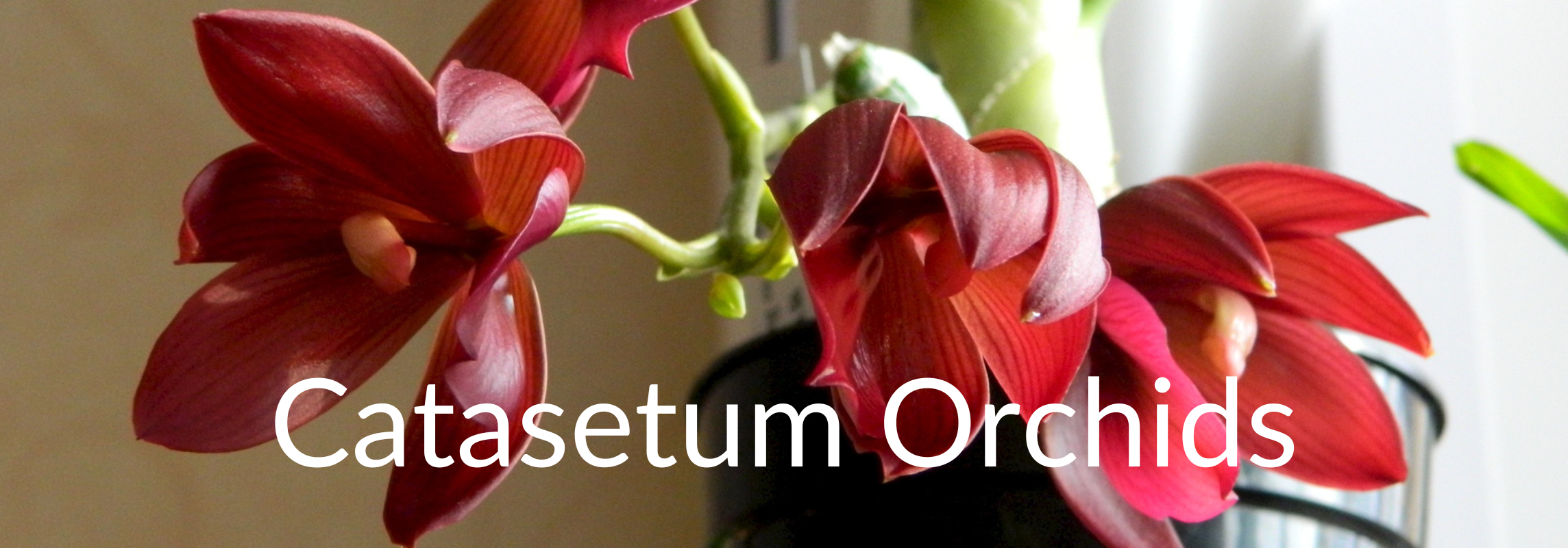
Catasetum orchids, also known as the «orchids of the jungle,» are a fascinating group of orchids that have captivated horticulturists and enthusiasts alike. With their unique appearance, intricate reproductive behavior, and cultural significance, Catasetum orchids hold a special place in the world of horticulture.
Catasetum orchids are native to Central and South America and can be found in countries such as Brazil, Colombia, Ecuador, and Venezuela. These orchids have distinctive characteristics that set them apart from other species. They typically grow to be medium-sized epiphytes or lithophytes with pseudobulbs — swollen stems that store water and nutrients. One of the most striking features of Catasetum orchids is their foliage. Their leaves are often leathery and elongated with prominent veining patterns. The flowers of Catasetum orchids are equally captivating — they come in various colors such as green, yellow, brown, or red. The blooms are usually large with a unique shape resembling an upside-down corsage.
The reproductive behavior of Catasetum orchids is truly remarkable. Unlike most other flowering plants that rely on insects or wind for pollination, these orchid species have developed an intricate mechanism to ensure successful reproduction. Catasetum flowers are dioecious, meaning each plant is either male or female. Male flowers produce pollen sacs called pollinia while female flowers have a sticky stigma to receive the pollen. To attract pollinators like bees or wasps, male Catasetum flowers emit a strong fragrance reminiscent of rotting meat or feces — not particularly pleasant to human noses but irresistible to certain insects seeking food sources for themselves or their larvae. When a pollinator lands on a male flower searching for food but finds none due to its deceptive scent, it inadvertently triggers the release of the pollinia. These sticky pollen sacs attach to the insect’s body and, when it visits a receptive female flower searching for nectar, they get deposited onto the stigma, resulting in pollination.
Catasetum orchids have been valued for centuries due to their cultural significance. In ancient civilizations such as the Aztecs and Incas, these orchids were considered sacred and were used in religious ceremonies. They were believed to possess mystical powers and were often associated with fertility and abundance. In contemporary society, Catasetum orchids continue to be highly sought after by collectors and enthusiasts. Their unique appearance makes them popular ornamental plants, used for decorating homes, gardens, and even special events like weddings or corporate functions.
Unfortunately, Catasetum orchids face threats due to habitat loss caused by deforestation and over-collection for commercial purposes. As a result of these factors, many species of Catasetum orchids are now endangered or critically endangered. Conservation efforts are underway to protect these precious plants from extinction. Initiatives include establishing protected areas in their native habitats and promoting sustainable cultivation practices among horticulturists to reduce the demand for wild-collected specimens.
Catasetum orchids are truly remarkable plants that have captivated people throughout history with their unique appearance, intricate reproductive behavior, cultural significance, and conservation needs.
If you want to please yourself with a rare and exotic plant or surprise your loved one with such a gift, you can buy Catasetum orchid in Boca Raton in our online shop Viva Orchids.